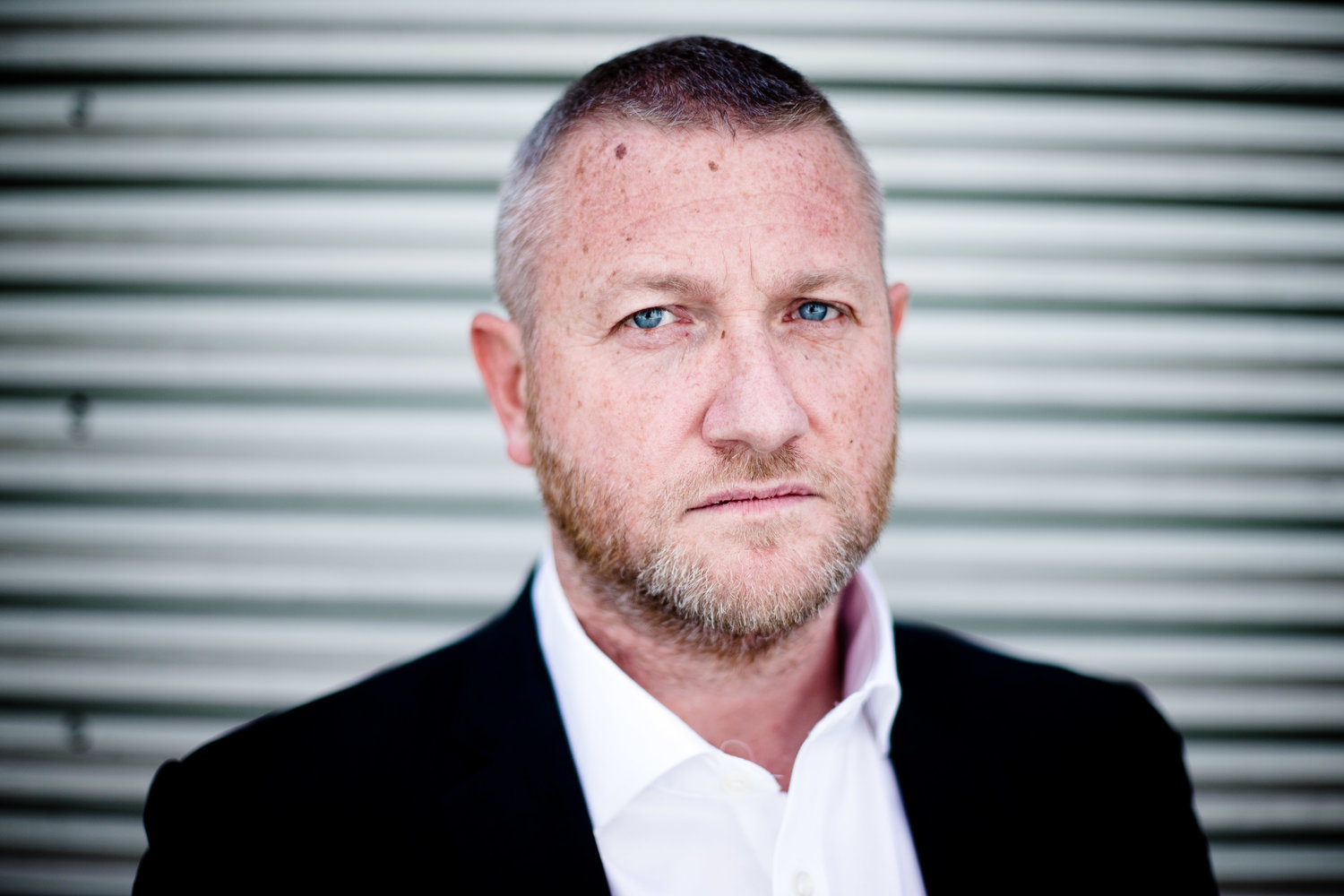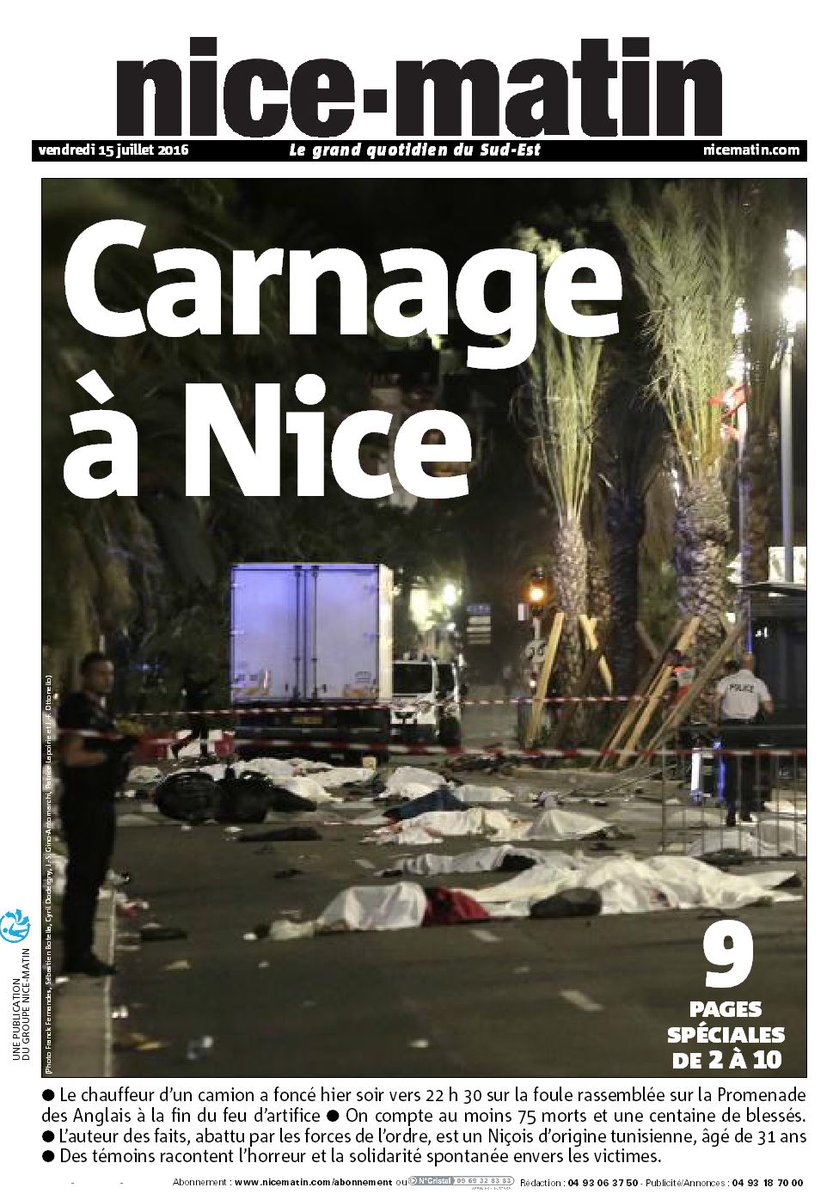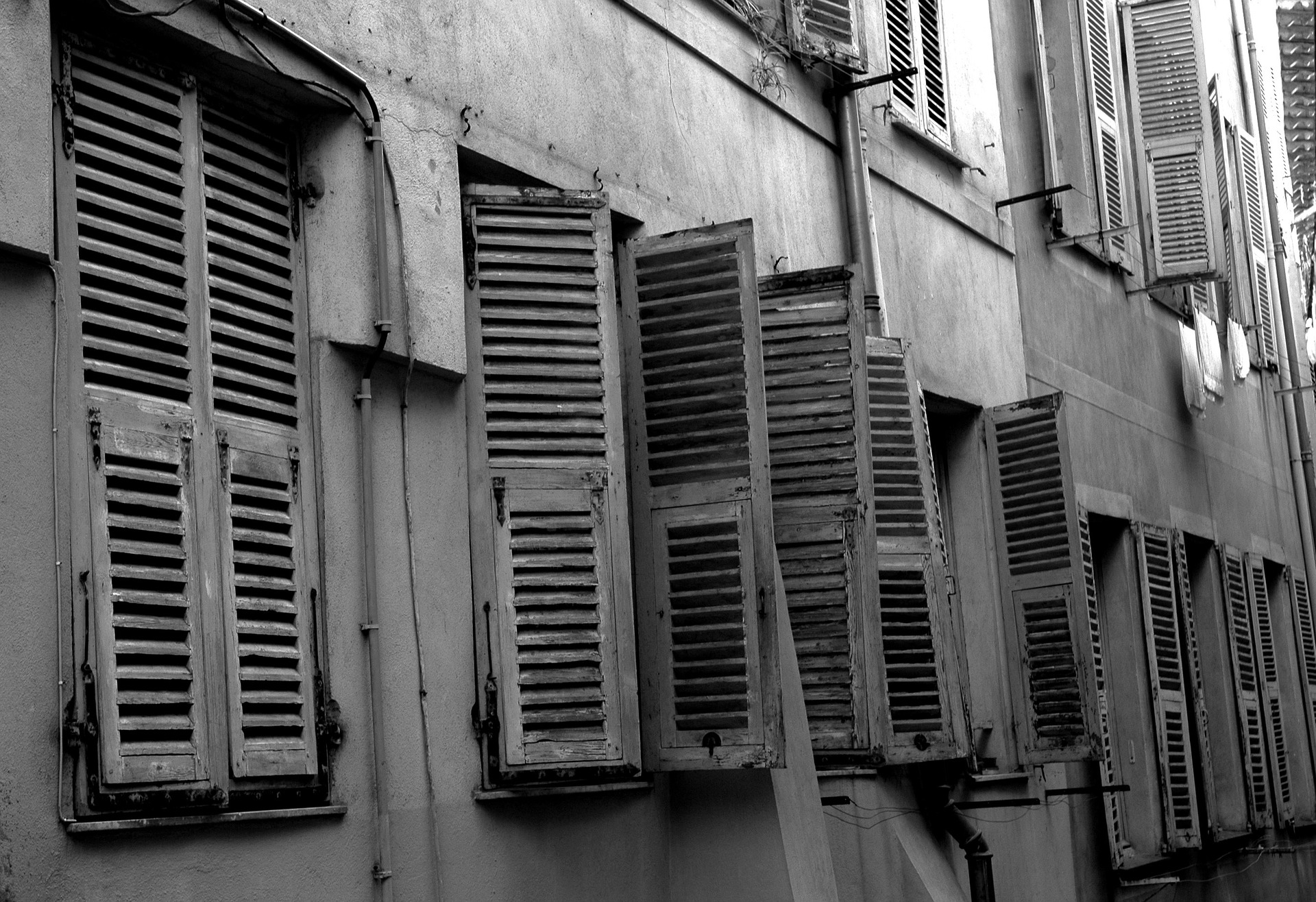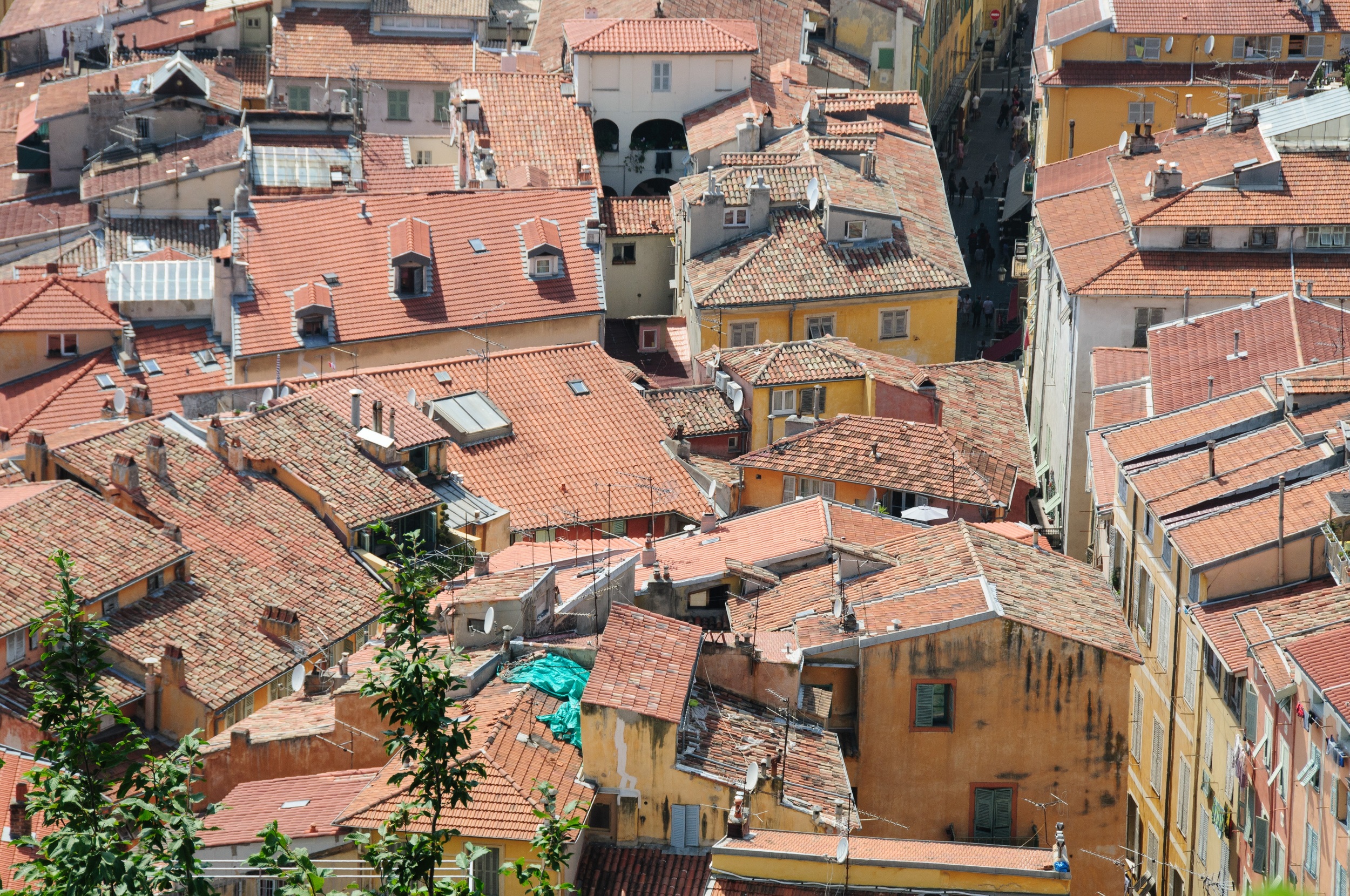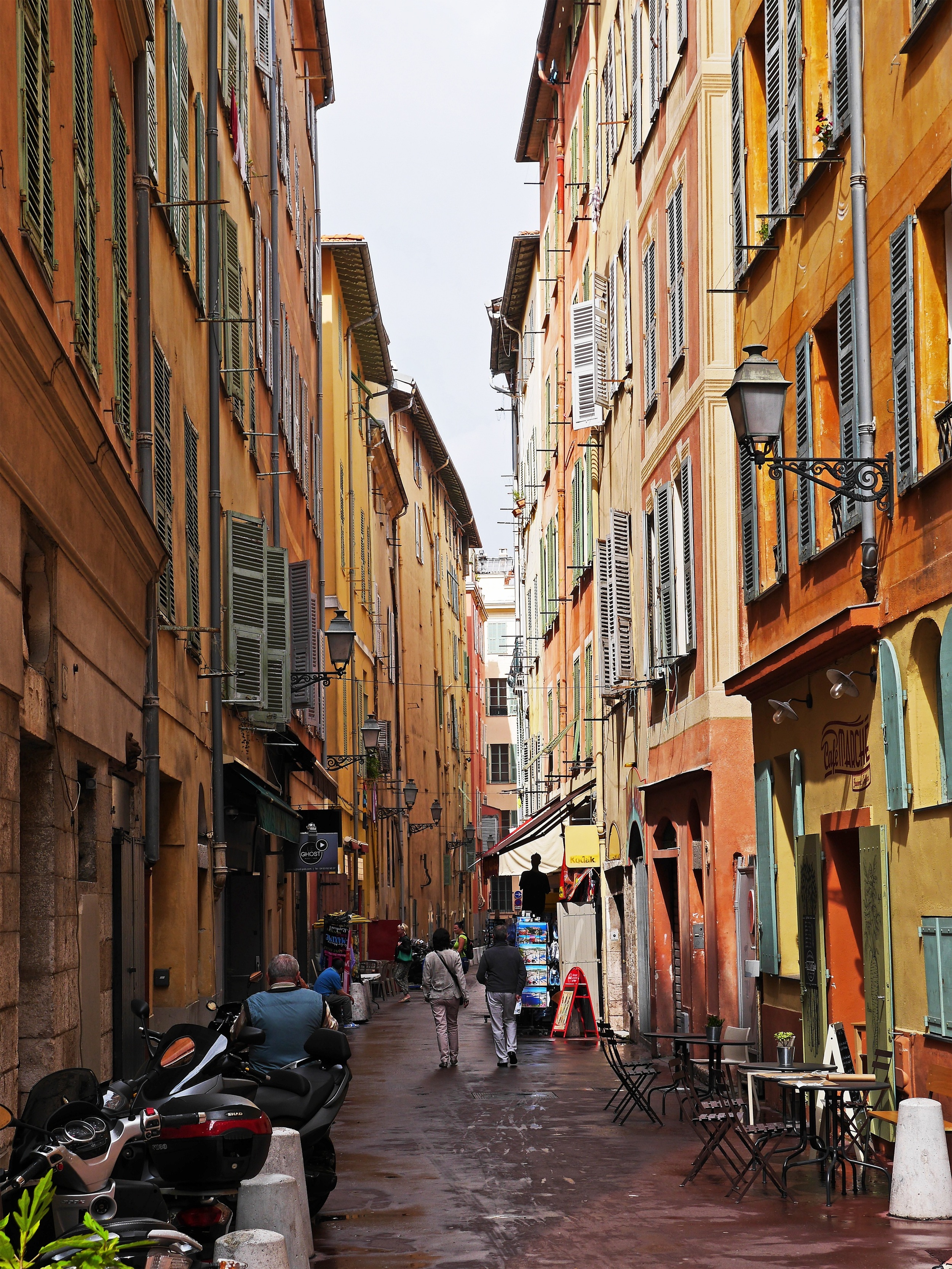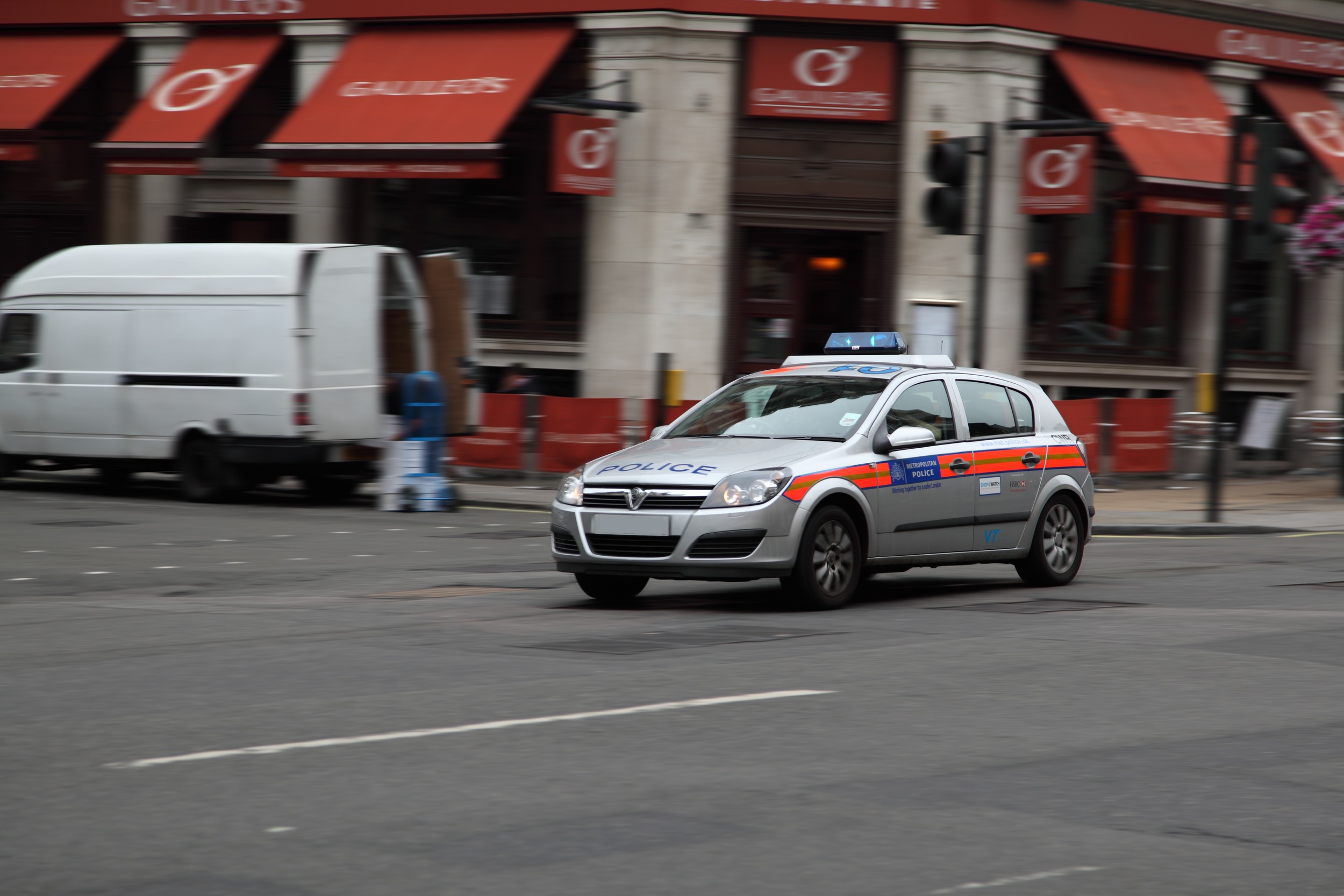After Nice: Can We Protect Ourselves?
On 14th July 2016, Bastille Day, a man used a twenty-ton lorry to kill eighty-four people in Nice, France.
202 people were injured - fifty-two of which were listed as serious or critical at the time of writing, and may lose their lives or have their lives altered forever by their injuries. It is arguably the worst atrocity that France has seen during this current intense period of attacks; not in terms of outright deaths, but because of the large number of children that were among the dead, and also, because of the way in which they were killed.
The assailant didn't use a firearm to kill and maim, and he didn't use explosives - he turned something that most of see and walk past every day, into a terrifyingly effective weapon.
Since the event took place I have been asked the same question repeatedly:
How do we protect ourselves from this sort of attack? From this sort of spontaneous act of violence?
Mohamed Lahouaiej-Bouhlel was thirty-one years old. He was a French resident but had grown up in Tunisia. He left Tunisia in 2005 after (according to his brother) receiving treatment for mental illness. Since that time, he got married and had three children. There is some suggestion that this marriage was difficult; Lahouaiej-Bouhlel separated from his wife and began living on his own at some point during the last three years.
His brother paints an unremarkable picture of him; a delivery driver and someone who didn’t call home that much. However, Bouhlel’s behaviour appears to have changed in the past few months. According to reports in the media, he has been involved in petty crime, and in March, was involved in a road rage incident which he was prosecuted for. His brother also claims that the frequency of his calls back home has increased considerably – in the past month he has called almost daily.
Neighbours of Bouhlel in Nice claim that he was a bit of a loaner and rarely spoke. He ignored the pleasantries that they tried to share with him, instead staring at them in an angry way.
A week ago Bouhlel hired a twenty-ton truck. On Tuesday and Wednesday, in the days before the attack, CCTV shows him driving the truck around Nice - doing reconnaissance of the route he would use.
After Bouhlel had hired the truck, his movements appear to be connected to suspicious financial activity. He came into possession of £84,000, which was either sent or smuggled back to his brother via intermediaries in Sousse.
On the day of the attack itself, he drove the truck and parked it near to the promenade, before the roads were closed by the police. He locked it up and rode away on a bicycle. The police closed the roads and put road blocks in to stop vehicular movement. The truck remained inside this cordon.
At some point after the roads had closed, a police officer saw Bouhlel with the truck. Bouhlel was engaged in a conversation by the officer who asked him what he was doing; Bouhlel told the officer that he was delivering ice cream.
CCTV shows the truck driving slowly on the promenade just after 10pm. Police officers are chasing after it as the truck picks up speed and begins to plough into the crowd. Bouhlel was subsequently shot dead by police. His identification and mobile phone were found in the cab of the truck.
In answer to the question: Trying to protect ourselves from spontaneous acts of violence is impossible…
But, what happened in Nice, wasn’t a spontaneous act of violence. It wasn’t perpetrated by someone who has suddenly had a breakdown, suddenly lost it whilst doing a routine delivery and decided to kill people. This had been planned; thought out. It was a premeditated act of extreme violence against a totally helpless group of victims.
The mayor of Nice has been criticised for the number of police that were on duty; it is alleged that this wasn’t enough to police a crowd of thirty-thousand revellers.
The French security services say that Bouhlel was not on their known list of suspects. This may be the case, but I will be extremely surprised if none of his contacts are. Bouhlel’s profile is alarmingly similar to those of the Paris attackers, some of those were not known to the security services either – but the Paris attackers all knew people who had travelled to Syria to fight. How is it possible that the French security services don’t know the names of their Syrian jihadist’s closest associates? Is Bouhlel actually only just one hop from someone who is seen as an extreme risk, just like some of the Paris attackers?
When we police large events here in the UK, we have a wealth of experience that has taught us the wrong way to do things. The IRA successfully exploited a whole host of weaknesses in police planning and searching procedures over many years. They placed improvised explosive devices in waste bins. They loaded lorries with bombs and parked them in city centres. They used snipers who shot people from cars parked in the streets. They place bombs on parked cars. They placed bombs in hotel rooms behind bath panels with month-long timers on them. All of these things helped evolve policing tactics during the seventies, eighties and nineties.
At the turn of the century, a new threat emerged. Terror attacks purportedly carried out by Islamic fundamentalist extremists began to have an affect on the West. We saw large vehicles being used to destroy buildings; planes; petrol tankers. Then suicide bombers wearing back packs.
In London, bollards have appeared on the sides of roads near iconic buildings to stop VBIEDS (Vehicle-Borne Improvised Explosive Devices) getting close enough to them to cause too much damage. Major events with large crowds now see road closures. All vehicles inside the closed area are physically removed from it. These areas are thoroughly searched by police before the crowds arrive. Waste bins are removed. We have Automatic Number Plate Recognition Systems deployed to flag up certain vehicles in certain areas, particularly those vehicles which are stolen, suspicious or have come to the notice of the authorities previously.
Our security services constantly monitor key individuals AND their associates. Threat assessments take place regularly. The relationship between the police and the security services here in the UK is possibly one of the best of its type in the world. Police regularly intervene on behalf of the security services during the attack planning phase.
I have tremendous sympathy for the police and security services that will have to investigate retrospectively, the missed opportunities that there were in Nice.
Any single one of these opportunities would have broken the chain of events which eventually led to the death of all of these people - because none of this attack was spontaneous. Why did the French security services or the police not have any records of the suspicious financial activity surrounding the £84,000 that somehow found its way from Bouhlel to his brother in the week prior to the attack? Why didn't his brother alert French or Tunisian police about the huge sum of money that was sent back to Tunisia under unusual circumstances? Why didn’t the officer who was talking to Bouhlel notice that the lorry wasn’t refrigerated and not capable of holding ice cream? Why was the truck allowed to remain in the cordon? Why were there not enough police officers on duty?
I know how it feels when people die. I know the feeling of finding out that mass murderers and terrorists have slipped through the net and killed the very people that you thought you were keeping safe. It’s a feeling that never leaves you. It is a feeling that many before me - during the days of the IRA - felt each time a bombing perpetrator slipped through the net. But our policing tactics evolved. We got better. This is what will and must happen in France. Terror tactics are evolving and their security services will have to up their game to compete.
The IRA were not spontaneous in the way they worked and neither was the attacker in Nice.
David Videcette is an ex-counter terror detective who worked on the investigations into the 7/7 and 21/7 London bombings. His book based on real events, is supporting the charity work of the Police Dependants' Trust.
The Theseus Paradox is available at Amazon.
